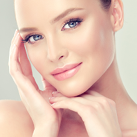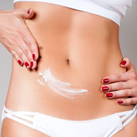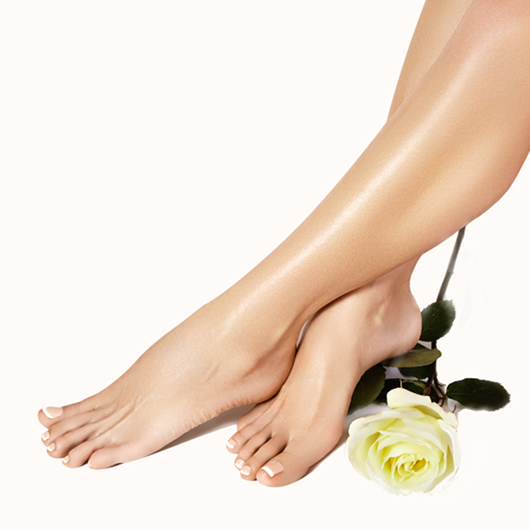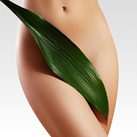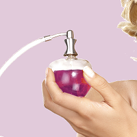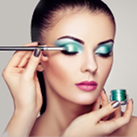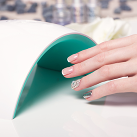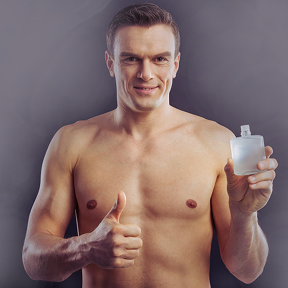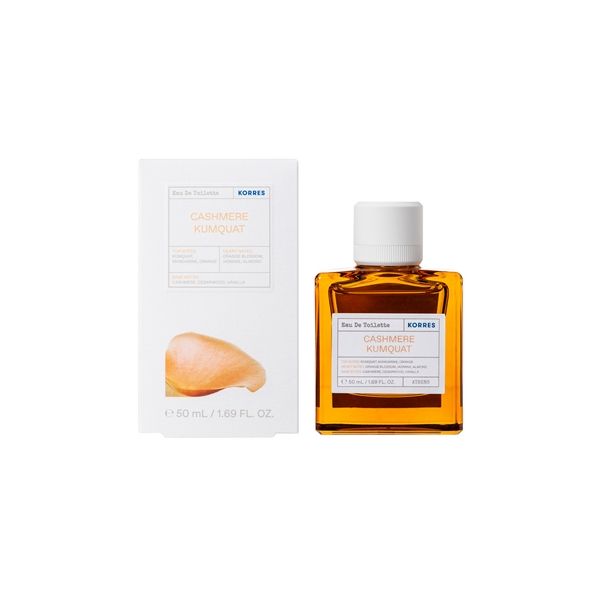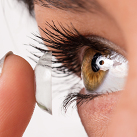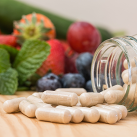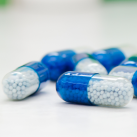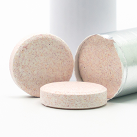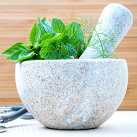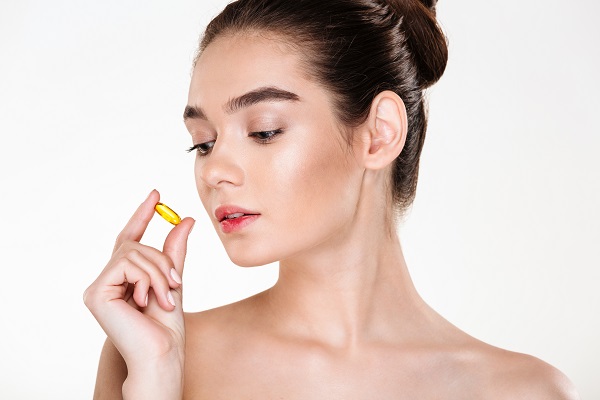Blog
10 + 1 Supplements to Hydrate your Skin and Prevent Wrinkles
Youthful, hydrated, healthy skin was always the primary goal of beauty care. Of course, the use of dermocosmetics is useful, but true skincare begins within us. See the 10 + 1 supplements for hydrated skin without wrinkles.
Indeed, beauty springs from within us, scientists – dermatologists and endocrinologists say. The relationship between nutrition and skin condition, or rather the effect of a healthy diet on skin aging is an important area of research, not only for experts, but also a common field of interest for all people, from antiquity to the present day.
Skin aging consists of two independent, clinically and biologically distinct processes:
The first is the inherent aging of the skin, which represents the chronological aging and affects the skin as it affects all the internal organs too.
Second is the exogenous aging of the skin: the result of external factors and the environmental effect. It is mainly due to chronic sun exposure and ultraviolet radiation, but also to smoking, pollution, sleep deprivation and poor nutrition.
Our skin, therefore, reflects our general health, vitality and nutritional status. To have truly healthy, youthful skin, you need to have a healthy body.
Below are some nutritional supplements that can help you maintain your youth and slow down aging. Much scientific research has been done in recent years on what has proven to be absolutely worth trying. And if you can get one that combines multiple benefits, this is even better! Discover the 10 + 1 supplements for hydrated skin without wrinkles.
1. Hyaluronic acid
Hyaluronic acid is naturally produced by our body and is more common in the skin, eyes and connective tissue. Hyaluronic acid controls the water content in the tissues, binds large amounts of moisture, slows down the diffusion of water from the dermis (the basic layer of the skin, under the skin) to the skin, increasing the hydration of the skin.
Helps form and maintain collagen, which is an important connective tissue. It also acts as a lubricating agent for skin collagen, offering elasticity and absorbency. Collagen breakdown is thought to cause a reduction in skin tone and elasticity. Hyaluronic acid levels in the body usually decrease with age, so supplements can help.
2. Collagen
Collagen is the main building block of the skin. But with age and environmental factors such as ultraviolet light, collagen becomes weak and stiff. Collagen supplementation can help, but only if you choose the right type, experts say. As it is consisted of a large molecule, collagen supplements are usually not effective because collagen is broken down by the gastrointestinal tract.
However, the latest generation of collagen supplements contain hydrolyzed collagen or collagen fragments that have been added, also known as collagen peptides. The latest scientific data show that they are absorbed and circulated in the skin, offering many benefits.
3. Vitamin E
Vitamin E is a group of fat-soluble compounds that work to repair damaged cells, including skin cells. Vitamin E deficiency has been linked to dry skin.
Like hyaluronic acid, vitamin E works to retain moisture in the skin, but it also works as an antioxidant, which cleans free radicals that can damage cell membranes. Vitamin E also has anti-inflammatory benefits and can soothe redness and irritation of the skin.
One study found that vitamin E helped rejuvenate the skin in people with eczema and itchy skin.
4. Vitamin C
This vitamin is usually offered to strengthen the immune system, but it can also help fight dry skin. Research has shown that vitamin C can improve the production of natural fat and strengthen cells in the outer layer of the skin.
As we all know, as we grow older, what recedes and lets the skin relax is the layer of fat that supports it. As a result, the skin comes closer to the muscle, is immediately strained by contractions, and wears out faster. That is why the production of natural fat in our skin is important.
5. Coenzyme Q10
Coenzyme Q10 (CoQ10), also known as ubiquinone, is a key antioxidant found in cell membranes and mitochondria, primarily for the production of energy in the form of ATP.
Due to its participation in the synthesis of ATP, Q10 affects the function of all cells and is essential for maintaining the health of all tissues and organs. Coenzyme Q10 (Co Q10) can help reduce fine lines and wrinkles around the eyes.
The antioxidant effects of Q10 can also protect the skin from endogenous and exogenous aging. Endogenous aging, as mentioned above, is due to our genetic material, while exogenous aging is largely the result of lifestyle choices we make, such as smoking, environmental factors, sun exposure, etc.
6. Fish oil
Fish oil is the oil extracted from the tissues of fatty fish and put in the form of a supplement. Fish oil contains omega fatty acids, which provide the building blocks for the production of healthy cell membranes. It also contains many beneficial fatty acids that can help the skin retain its moisture.
7. Probiotics
Probiotics can help the health and youth of the skin directly and indirectly. Our body contains friendly bacteria that live in the skin but also in the intestine, which is known as the skin microbiome and the intestinal microbiome, respectively.
These organisms live cooperatively with our body. A potential microbial imbalance can promote inflammation in both the skin and the gut and inflammation can lead to premature aging of our skin. Probiotics can firstly help calm the inflammation, restore the gut microbiome and then treat the skin inflammation.
8. Vitamin D
Our body naturally produces vitamin D when exposed to ultraviolet light, but despite of that, many people today, for various reasons which we have already mentioned, end up deficient in this vitamin. And this can lead to dry, aging skin. If you find that you are deficient in vitamin D, your doctor may first recommend adding vitamin D-fortified foods to your diet. But if this does not help, vitamin D supplements have proven to be very helpful.
Because vitamin D is a fat-soluble vitamin, it is recommended that you accompany the supplement with a meal that contains good fats. This enhances its absorption.
9. Astaxanthin
This is a natural pigment with amazing antioxidant properties that you should be aware of. It is found in seafood and works like vitamin E. The antioxidant properties of astaxanthin make it a valuable ally for the summer months. It has an excellent protective effect against the sun’s ultraviolet rays. Therefore, taking it before the summer period, can effectively prepare the skin from the inside, to deal with oxidative stress from sun exposure.
10. CLA
CLA or conjugated linoleic acid is an important fatty acid, also known as omega-6. Along with linolenic acid, oleic acid is also essential for the synthesis of important natural fats that help create the natural barrier of our skin. These fatty acids cannot be produced in the human body and should be taken from food. Higher intake of linoleic acid, in particular, has been shown to help significantly against skin aging.
11. Zinc
Zinc is a very important trace element. It renews the cells and keeps our skin firm and youthful. Some of the most important functions of zinc in our body are the following:
It is a key element of many enzymes and strengthens the immune system
It has antioxidant properties and stimulates cell renewal
Contributes to the production of collagen
Zinc has also been shown to have anti-inflammatory action. It can help reduce inflammation, which affects the dryness and redness of the skin.

 Ελληνικά
Ελληνικά
